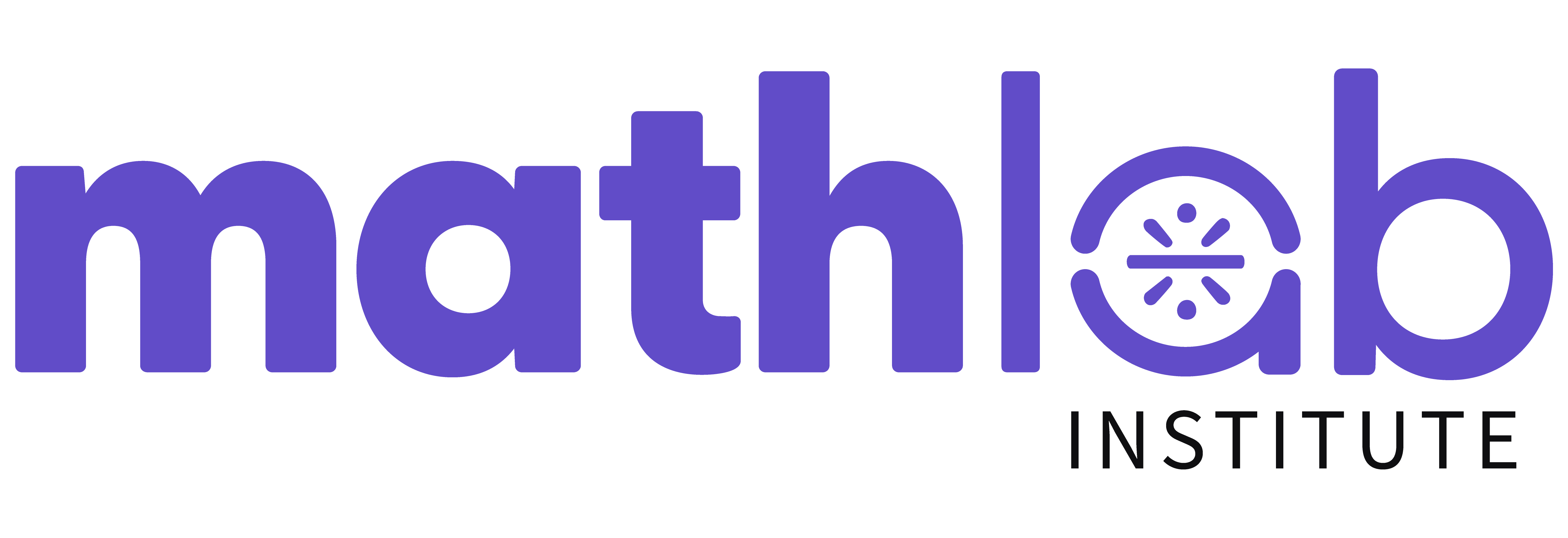Do I Need to Be Good at Math to Be a Good Coder?
By Mr. Vishnu P . Jun 25, 2025 . 12 min read

The question of whether strong math skills are necessary for coding is one that many aspiring programmers ask, especially those who may not feel confident in mathematics. The short answer is: you don’t need to be a math expert to succeed in coding. However, understanding the connection between math and programming can help you choose your path and grow faster in areas where math does make a difference.
At its core, coding is about logic, problem-solving, and structured thinking. These are skills anyone can develop, regardless of their math background. Many successful coders come from non-math fields but thrive because of their ability to think critically and approach problems methodically. The role of math really depends on what kind of programming you want to do.
For example, web development mainly involves user interface design, backend systems, and databases. While logic and understanding algorithms are important here, high-level math like calculus or linear algebra is rarely needed. In contrast, game development involves geometry, trigonometry, and even some physics to simulate realistic motion and graphics.
If you're interested in data science, artificial intelligence, or machine learning, math plays a much bigger role. These areas require a solid understanding of statistics, probability, and linear algebra to analyze data, build models, and optimize algorithms. In such fields, math becomes a tool for making sense of large datasets and designing systems that can learn and adapt.
That said, some basic math skills are essential across all coding fields. Arithmetic is used in nearly every programming task, from calculations to data manipulation. Algebra helps you understand variables, expressions, and functions — all of which appear frequently in code. Logical reasoning and Boolean algebra are especially important for writing conditional statements and creating control flow in your programs.
If you're diving into fields like data analysis or machine learning, knowing how to work with averages, distributions, and regression models becomes a big advantage. Similarly, geometry and trigonometry are key in areas like simulations and computer graphics. And for any programmer aiming to build efficient systems, discrete mathematics — including topics like graphs, sets, and algorithms — becomes very relevant.
Now, if you already have a strong math background, you’re in a great position to take your coding skills to the next level. Advanced math enhances your problem-solving ability, especially when working on optimization or modeling challenges. It helps you design better algorithms, particularly in areas like graph theory, dynamic programming, or computational complexity.
Machine learning, one of the fastest-growing fields in tech, is deeply rooted in math. Calculus helps in building learning models; linear algebra powers neural networks and dimensionality reduction techniques; statistics is used to interpret and validate results. Similarly, if you’re into game development, math helps simulate physics and build immersive environments.
Beyond that, advanced math skills are also essential for research and innovation in areas like cryptography, computer vision, and robotics. Whether you’re building secure communication systems or training a robot to recognize patterns, math will guide the logic behind your code.
Another great way to use your math skills is through collaboration and teaching. Coding competitions, research projects, and open-source communities often require deep technical insights that math-oriented thinkers can contribute. You can also mentor others — sharing your knowledge not only helps others but strengthens your own understanding.
In conclusion, being “good at math” is not a requirement to become a great coder — but it can be a superpower in certain domains. The most important qualities are your curiosity, persistence, and willingness to learn. Whether you’re mastering basic arithmetic or exploring advanced algorithms, coding is a skill that grows with practice.
